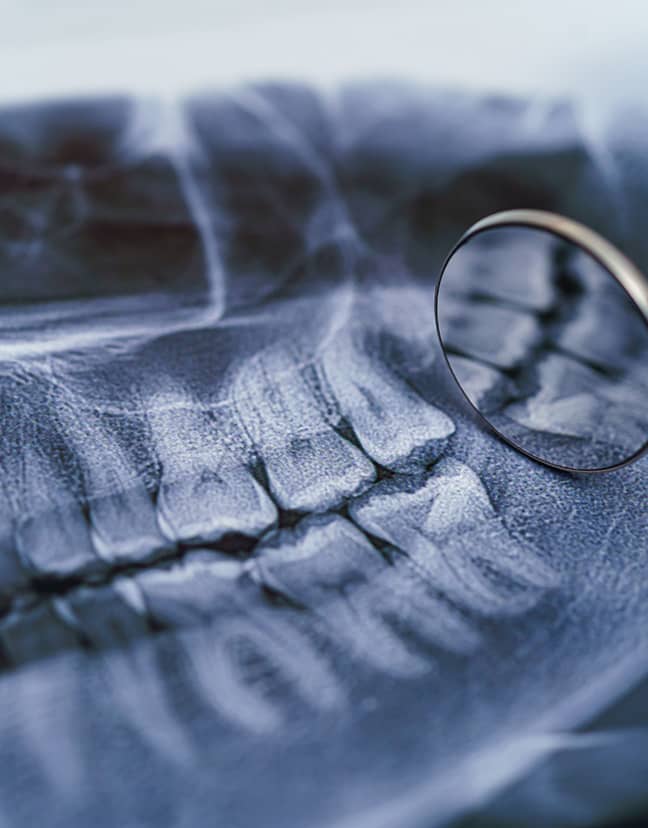





"I have had the pleasure to be assisted by Dr Alexia. One of the best dentist I have ever met in London. Great service, great work done for me. Highly recommend it!!!I have had the pleasure to be assisted by Dr Alexia. One of the best dentist I have ever met in London. Great service, great work done for me...."
"I have had the pleasure to be assisted by Dr Alexia. One of the best dentist I have ever met in London. Great service, great work done for me. Highly recommend it!!!"
"I have had the pleasure to be assisted by Dr Alexia. One of the best dentist I have ever met in London. Great service, great work done for me. Highly recommend it!!!I have had the pleasure to be assisted by Dr Alexia. One of the best dentist I have ever met in London. Great service, great work done for me...."